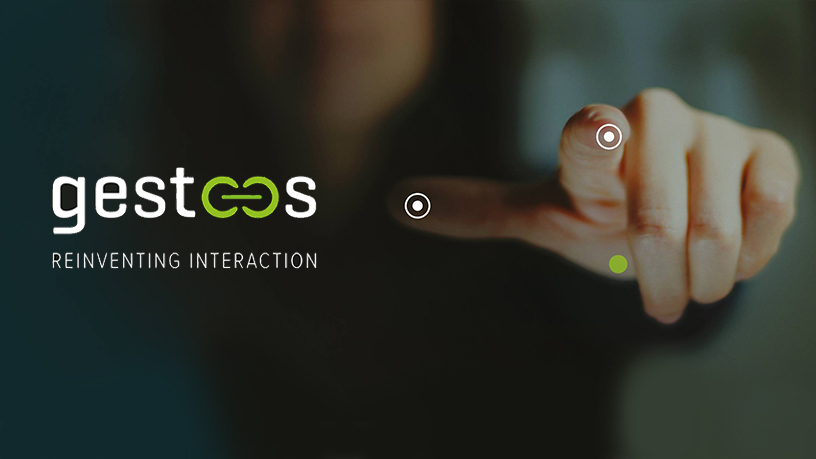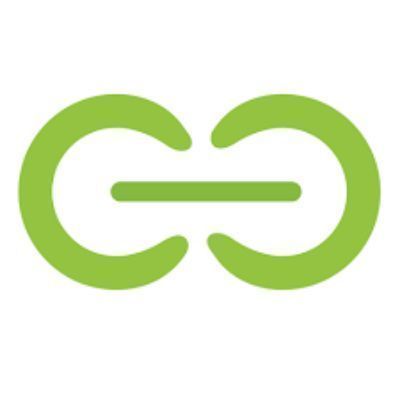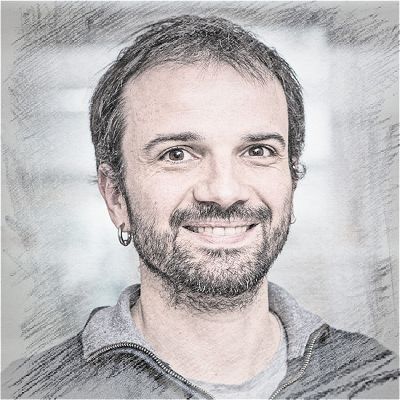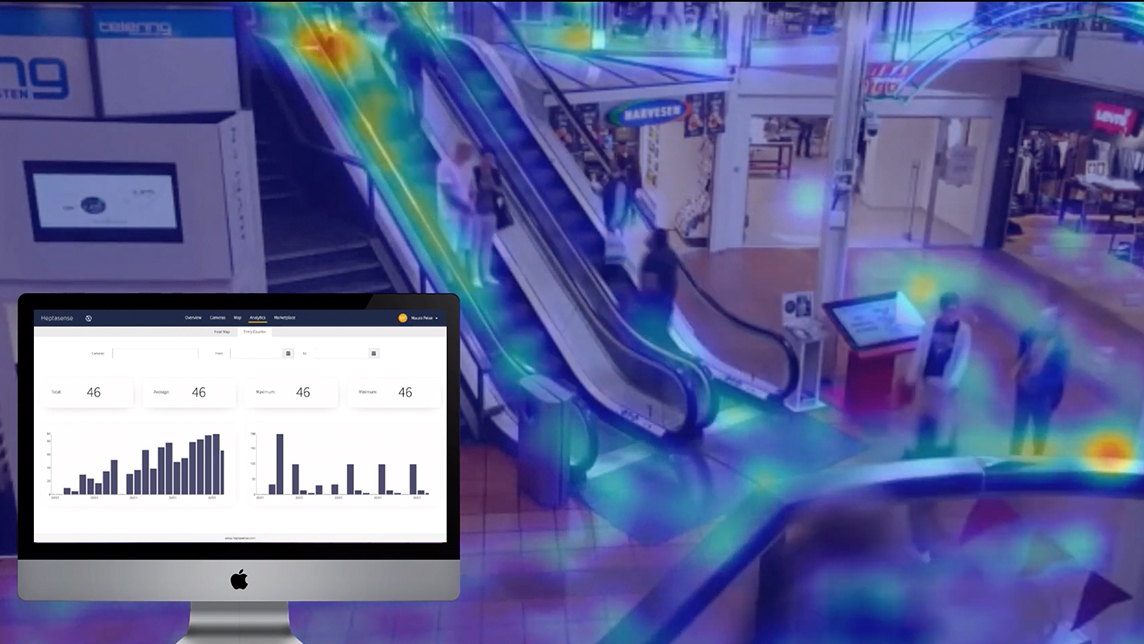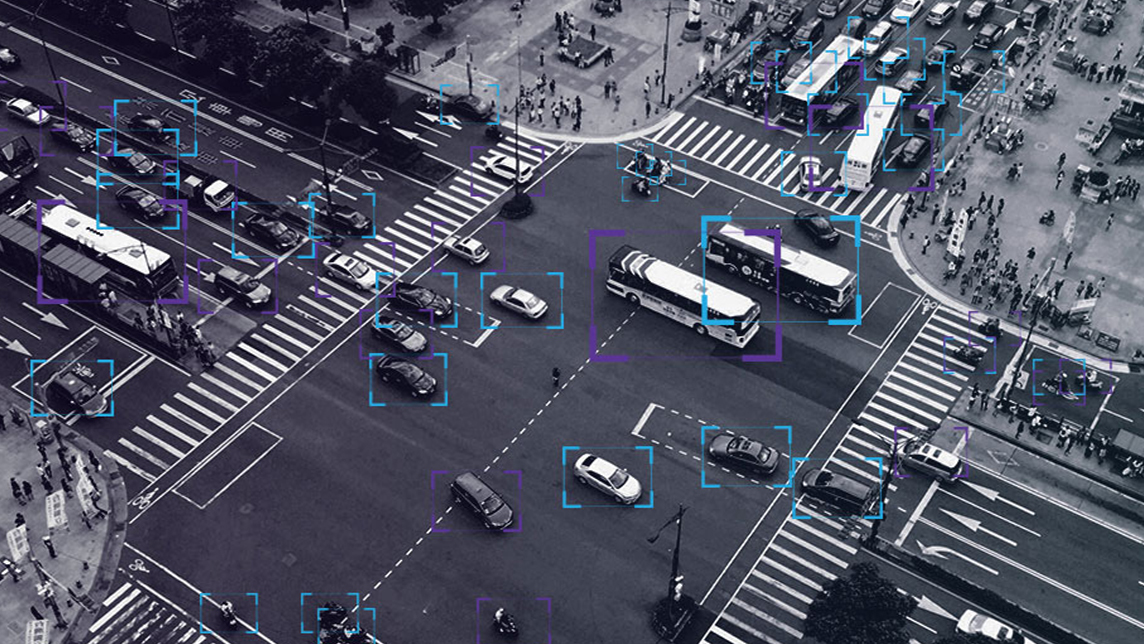He was leading the European arm of Oblong Industries founded by John Underkoffler, the ex-MIT scientist well known for envisioning the future of human-computer interface for films like Minority Report, The Hulk and Iron Man. These days Gemán León is Chief Experience Officer of Gestoos, a Barcelona-based startup he co-founded, producing software enabling human-machine interactions through hand gestures.
Gestoos analyzes and facilitates interactions between people, objects and spaces. Like Tom Cruise in Minority Report playing with multi-touch interfaces, Gestoos “turns reactive, interactive and smart, on whichever surface, screen, camera or application,” said León.
Based on machine learning, the software can be integrated using SDK into all types of devices and applications, as a turnkey solution for industries. This means its potential reach is vast and so is its scalability. According to León, the company pivoted in business model in 2018, to integrate its technology into consumer electronics and automotives, from charging a license fee per installation. “The process is longer, but the volumes will be higher," he said at the time.
In retail, for example, Gestoos can be applied to digital signage, making content interactive and potentially boosting customer engagement. In the home, Gestoos's technology can communicate with lights, sound and smart appliances to enable users perform household functions like switching on a washing machine while watching television, for example.
Gestoos's latest product harnesses deep learning to produce behavior recognition tech that's capable of detecting and acting on driver movements. Installed in cars and compatible with Intel's RealSenseTM depth cameras and most other RGB cameras, the technology alerts sleepy drivers and helps prevent car accidents. Other sensors could be deployed to improve the driving experience. For example, a driver could change the music in his car and adjust the volume with a simple hand gesture. The solution is built into 10th Gen Intel CoreTM processors, and launched in August 2019.
Building the right team
Technologies that optimize human-machine interaction include voice recognition, computer vision (gesture recognition and image recognition), and natural language processing (NLP). Gestoos’ technology is based on shape recognition instead of skeletal recognition. It can detect and track any shape in motion and make it viable on any data capture device at low-resolution levels. A key differentiator from its competitors is the use of advanced machine learning to exploit a specific model to extract relevant information and false-positive data with greater accuracy.
The game-changing potential of Gestoos technology was first recognized when it won the prestigious NTT Data Open Innovation Contest in Tokyo in 2018. NTT Data chose Gestoos out of 250 companies from 14 countries because of its disruptive service and value-creation potential, not only for NTT Data’s customers and partners but also for individuals and public companies, NTT Data said.
The Gestoos founding team has its roots at the Polytechnic University of Catalonia (UPC) and Exipple Studio, a tech company focused on UX and UI design. CTO Marcel Alcoverro has a PhD in telecommunication engineering after postgraduate studies in advanced computing, computer graphics and virtual reality; while Design Director Andrea Halpap had worked alongside León at Exipple. COO Pau Molinas is in charge of mentoring and driving growth during its early years.
Gestoos entered the 500 Startups acceleration program in 2017, which paved the way for the startup's international growth. A year earlier, it had expanded to the US, with Silicon Valley-based Todd Stein joining as CEO, to tap US tech expertise and expand through strategic partnerships with consumer electronics and automotive players. Gestoos currently has offices in San Francisco and Barcelona, where its IT team remains based and the cost of tech hiring is better capped.
Scaling up
The company raised €2.5m from UK-based venture platform OneRagtime and Spanish VC Kibo Ventures in 2018.
“Understanding [that Gestoos] would be able to execute on the automotive sector was one of the most relevant aspects of our investment thesis,” Kibo Ventures said in a statement.
“Negotiations were long and tough but the team proved they were able to do it and this gave us the comfort we needed, both on the strength of the automotive vertical but also on the team closing a complex agreement.”
In under two years the Spanish startup has built an international network of clients and partners including Philip Morris International, HP, Jaguar Land Rover, while FC Barcelona Museum has installed its first gesture-interactive video wall that uses Gestoos technology. The company has recently partnered with Ficosa and Cisco to develop augmented rear-view mirrors and innovative systems for remote conference calling.
